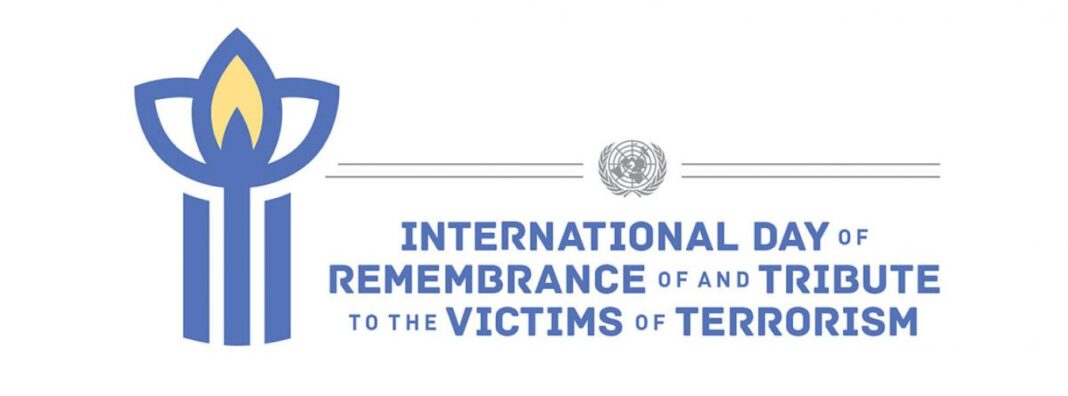UNITED STATES. New York. UN Secretary-General Antonio Guterres recently given message on the International Day of and Tribute to the Victims of Terrorism, observed on 21 August.
The General Assembly, in its resolution 72/165 (2017), established 21 August as the International Day of Remembrance of and Tribute to the Victims of Terrorism in order to honor and support the victims and survivors of terrorism and to promote and protect the full satisfaction of their human rights and fundamental freedoms.
This third International Day of Remembrance of and Tribute to the Victims of Terrorism takes place while the world is in turmoil. The COVID-19 crisis has changed the way we live and interact with each other. Vital services for victims, such as criminal justice processes and psychosocial support, have been interrupted, delayed or ended while Governments focus attention and resources on fighting the pandemic.
Many memorials and commemorations have been cancelled or moved online, hampering the ability of victims to find solace and comfort together. And due to current restrictions, the first-ever United Nations Global Congress of Victims of Terrorism has been postponed until next year.
Remembering the victims of terrorism and doing more to support them is essential to help them rebuild their lives and heal. This includes individuals efforts to work with parliamentarians and Governments to draft and adopt legislation and national strategies to help victims. People must continue to support victims’ associations in their invaluable work. People must ensure that those who have suffered are always heard and never forgotten.
The United Nations stands in solidarity with all victims of terrorism — today and every day.
“We remember International Day of Remembrance and Tribute to the Victims of Terrorism (A/RES/72/165). We stand by those who grieve and those who continue to endure the physical and psychological wounds of terrorist atrocities. The impact of terrorism on victims can last a lifetime and reverberate across generations. Traumatic memories cannot be erased, but we can help victims and survivors by seeking truth, justice and reparation, amplifying their voices and upholding their human rights.” says Guterres.




Comments are closed.